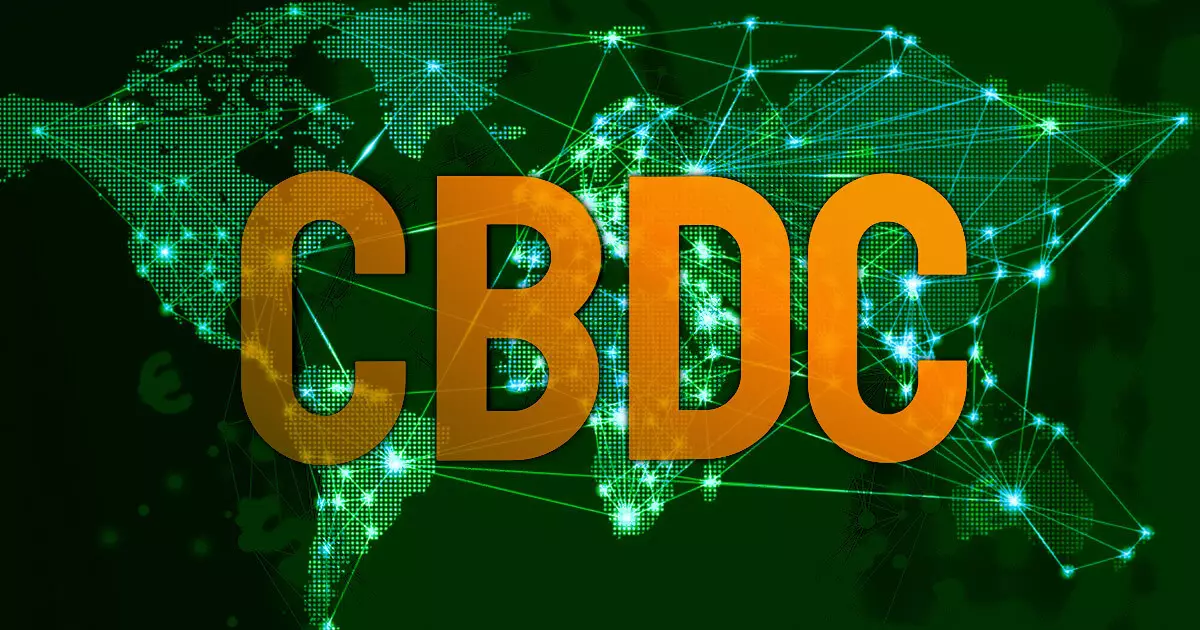Republican Presidential candidate Ron DeSantis has pledged to immediately put a stop to the implementation of a central bank digital currency (CBDC) if he is elected president. In an interview with Blaze Media, DeSantis stated that on his first day in office, he would ensure that the CBDC initiative is terminated. He expressed his belief that a CBDC poses a significant threat to American liberty and emphasized that it will have no place in the country if he assumes office on January 20, 2025.
Federal Reserve Considers Consultation and Legislation for CBDC
DeSantis’ remarks were in reference to a 2022 report from the Federal Reserve, which echoed his concerns. The report mentioned the central bank’s intention to engage with the legislative and executive branches of the U.S. government and, ideally, seek authorization for the implementation of a CBDC. However, it also clarified that the Federal Reserve does not advocate for any particular policy and does not take a definitive stance on the desirability of a CBDC. The Federal Reserve’s FAQ page currently states that no decision has been made regarding the creation of a CBDC.
Despite this, DeSantis remains convinced that state-level restrictions will prevent the Federal Reserve from introducing a CBDC. He predicts that lawsuits will ensue if the central bank attempts to proceed with its plans. DeSantis highlighted that his own state of Florida has already prohibited CBDCs, rendering them unrecognized as legitimate currency. The ban on CBDCs in Florida was implemented in May, and DeSantis anticipates that other states will follow suit.
DeSantis also expressed apprehension regarding the World Economic Forum (WEF) and its intentions. He claimed that the WEF aims to assist governments in eliminating both cash and cryptocurrency, effectively impeding certain transactions like the purchase of fuel and ammunition through the use of CBDCs. DeSantis’ statement is based on remarks made by Cornell University professor Eswar Prasad during a WEF event in June. Prasad, however, does not hold an official position within the WEF. He expressed mixed sentiments about CBDCs, suggesting that they could lead to a potentially better or, as some might argue, a darker world. Prasad mentioned pornography as well as ammunition and drugs as potential items that could be banned through the use of CBDCs.
It is important to note that while DeSantis’ claims may be imprecise, many countries currently in the process of developing CBDCs do intend to implement measures to restrict illegal purchases and monitor transactions. These measures are similar to the existing regulations applied to financial transactions. However, proponents of decentralization argue that this approach contradicts the underlying principles of Bitcoin and other public cryptocurrencies.
In summary, Ron DeSantis, a Republican Presidential candidate, is staunchly opposed to the introduction of a central bank digital currency. He vows to prevent the implementation of a CBDC if he is elected president. DeSantis believes that state-level restrictions will impede the Federal Reserve’s plans and foresees legal challenges if the central bank proceeds. He also raises concerns about the World Economic Forum’s agenda and its potential impact on transactions involving CBDCs. While DeSantis’ claims may not be entirely accurate, countries developing CBDCs do intend to impose restrictions on illegal purchases, a stance that some argue contradicts the principles of decentralized cryptocurrencies.


Leave a Reply